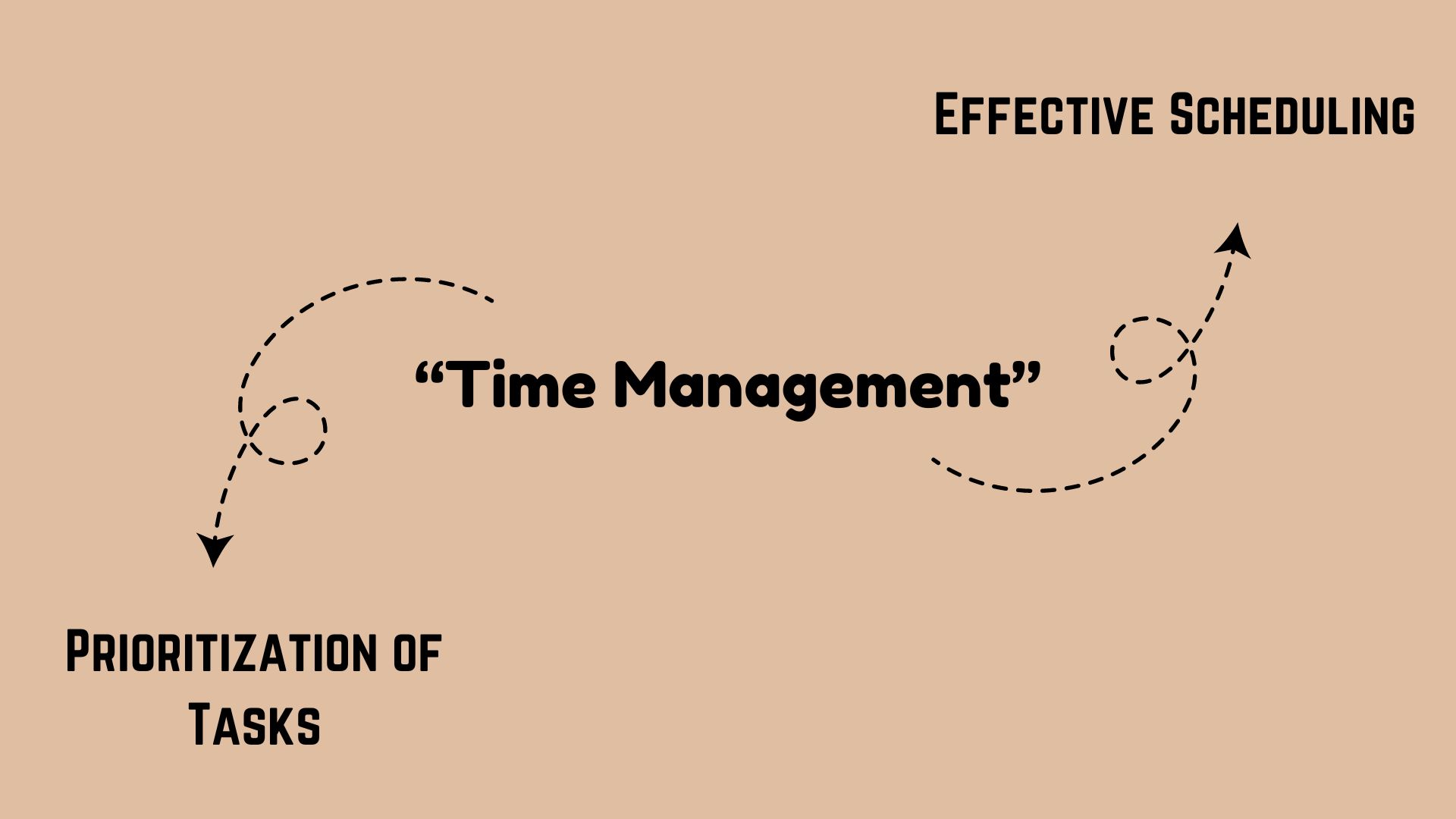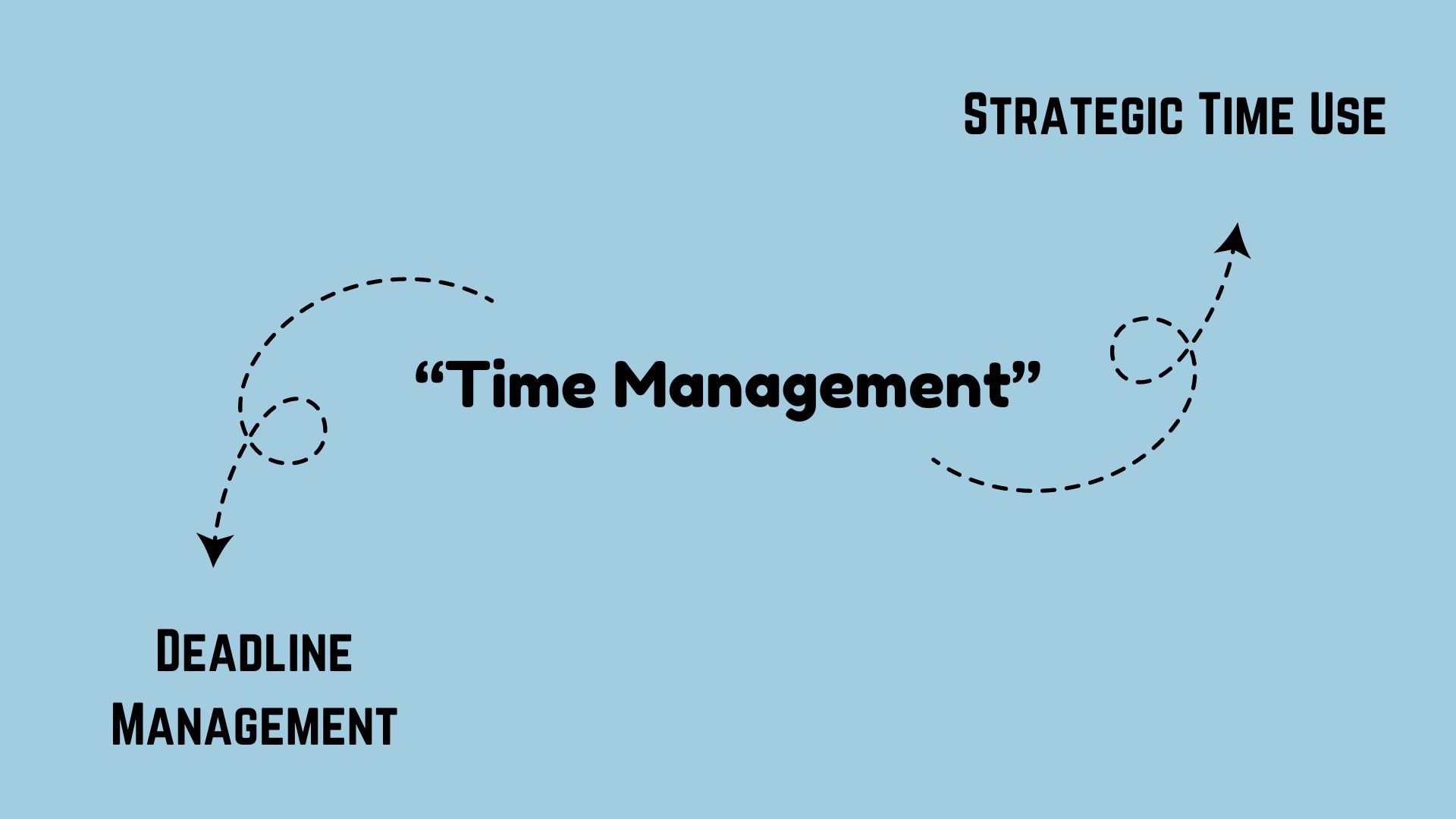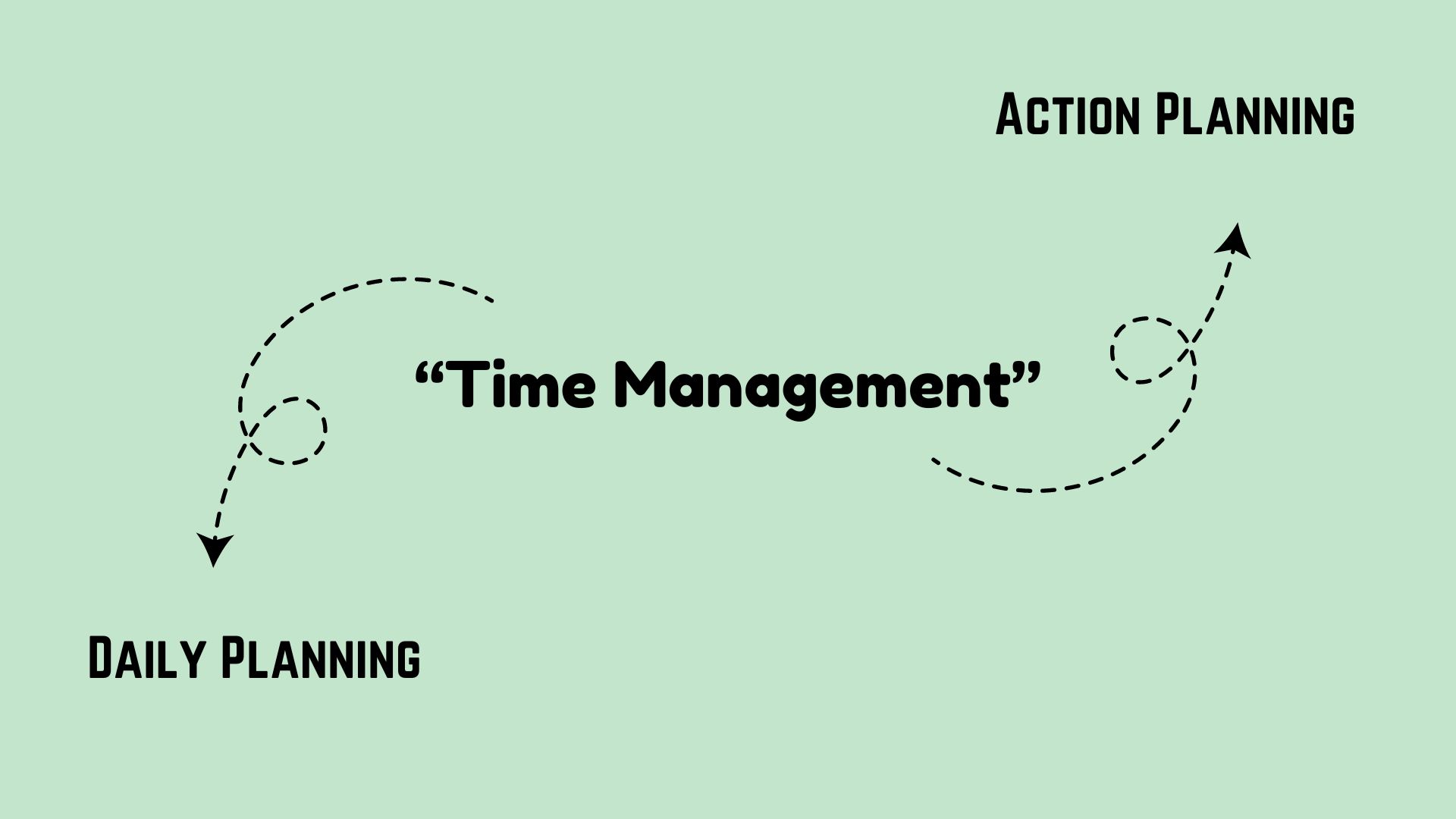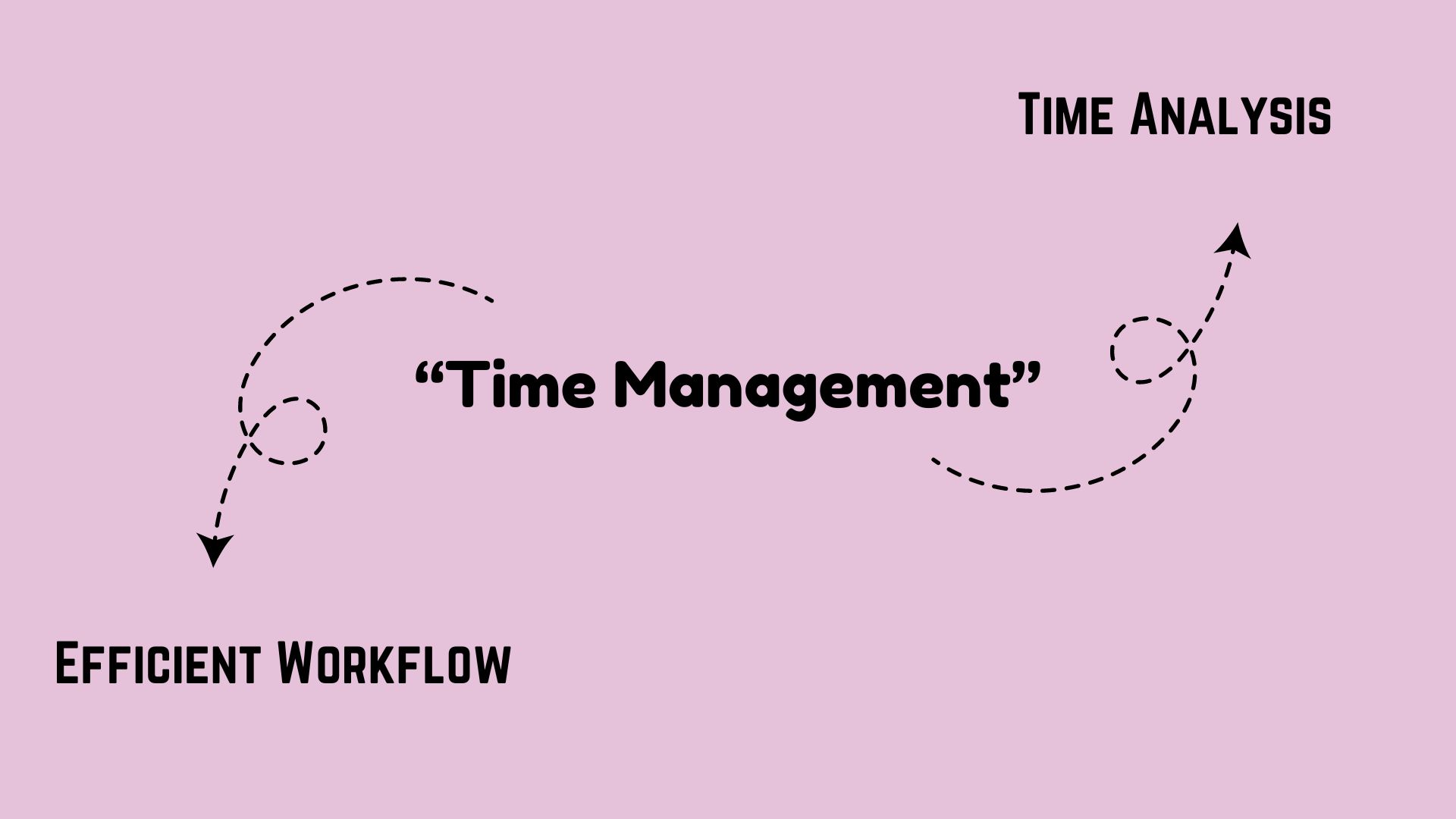Effective time management is crucial in any professional environment. Here are 23 ways to refer to “time management” in a professional context, each with an example and specific use case.
1. Effective Scheduling
Example: “Effective scheduling is key to meeting project deadlines.”
Use Case: When discussing the importance of planning and organizing tasks.
2. Prioritization of Tasks
Example: “The prioritization of tasks helps streamline our workflow.”
Use Case: When emphasizing the need to focus on high-impact activities.
3. Resource Allocation
Example: “Proper resource allocation ensures that we use our time efficiently.”
Use Case: When discussing the distribution of time and effort across various projects.
4. Efficient Planning
Example: “Efficient planning allows us to maximize productivity.”
Use Case: When highlighting the benefits of thoughtful project planning.
5. Productivity Management
Example: “Productivity management is essential for achieving our goals.”
Use Case: When referring to techniques used to enhance work output.

6. Strategic Time Use
Example: “Strategic time use can significantly improve project outcomes.”
Use Case: When discussing ways to utilize time effectively to achieve objectives.
7. Deadline Management
Example: “Deadline management is crucial for staying on track with deliverables.”
Use Case: When focusing on the importance of meeting deadlines.
8. Time Optimization
Example: “Time optimization techniques can lead to better performance.”
Use Case: When addressing strategies for making the best use of time.
9. Workload Management
Example: “Workload management helps prevent burnout among team members.”
Use Case: When discussing balancing tasks and responsibilities effectively.
10. Efficient Time Utilization
Example: “Efficient time utilization is key to achieving our targets.”
Use Case: When emphasizing the importance of using time wisely.

11. Time Allocation
Example: “Time allocation for each task ensures balanced progress across projects.”
Use Case: When talking about assigning specific time slots to different activities.
12. Task Scheduling
Example: “Task scheduling is vital for keeping projects organized.”
Use Case: When referring to the act of planning when tasks should be completed.
13. Goal Setting and Time Management
Example: “Goal setting and time management go hand in hand for success.”
Use Case: When discussing how setting clear goals helps manage time effectively.
14. Time Efficiency
Example: “Time efficiency improves our overall project delivery speed.”
Use Case: When highlighting the benefits of using time effectively.
15. Action Planning
Example: “Action planning is essential for effective time management.”
Use Case: When referring to the steps taken to organize tasks and timelines.

16. Daily Planning
Example: “Daily planning helps prioritize tasks and manage time effectively.”
Use Case: When discussing the importance of planning each day to maximize productivity.
17. Time Coordination
Example: “Time coordination among team members enhances collaboration.”
Use Case: When talking about synchronizing schedules to work more effectively together.
18. Efficient Workflow
Example: “An efficient workflow contributes to better time management.”
Use Case: When discussing how streamlined processes can save time.
19. Time Analysis
Example: “Time analysis can help identify areas for improvement.”
Use Case: When referring to evaluating how time is spent on tasks.
20. Time Allocation Strategies
Example: “Implementing time allocation strategies can boost team productivity.”
Use Case: When discussing methods for distributing time among various tasks.

21. Focused Time Management
Example: “Focused time management leads to higher quality work.”
Use Case: When emphasizing the importance of concentrating efforts during work periods.
22. Time-Tracking Techniques
Example: “Time-tracking techniques help us understand where our hours go.”
Use Case: When referring to tools or methods used to monitor how time is spent.
23. Task Prioritization
Example: “Task prioritization is crucial for effective project management.”
Use Case: When discussing the importance of identifying which tasks to tackle first.
These alternatives provide a range of professional ways to discuss time management, ensuring clarity and maintaining a formal tone in communication.

